Elaine Chu: To Russia, With Love
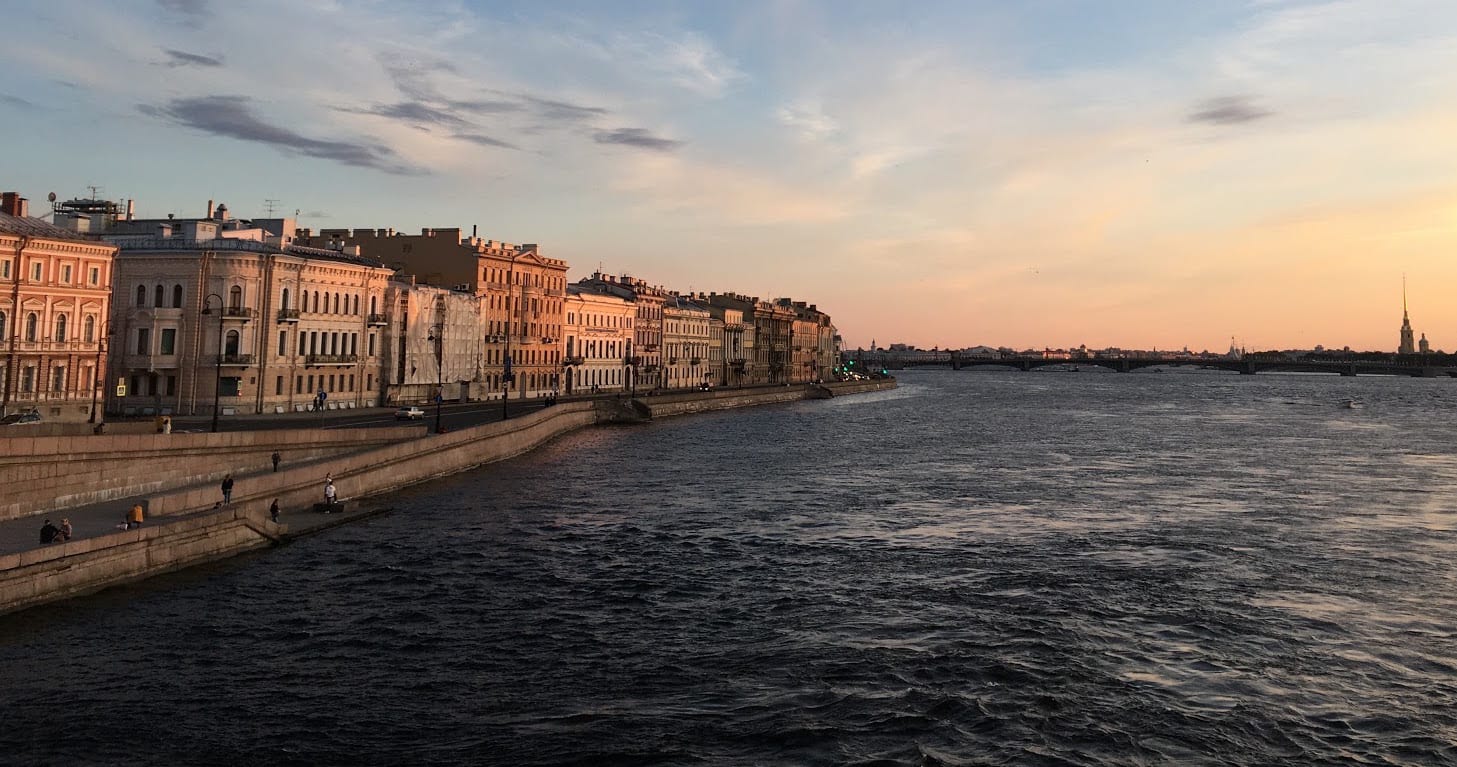
This summer I returned to St. Petersburg, Russia, where I lived and traveled to regularly in the years between 1987 and 1997, first as a student, and subsequently for my work with the Soros Foundations. The last time I was there was about 13 years ago. Having a child put a damper on my travel lifestyle, but it was her study abroad there this past spring that prompted this trip.
Seeing the City in a New (and Old) Light
St. Petersburg is one of the most beautiful cities in the world. Peter the Great built it in 1703, modeling it on Venice, and the French and Italian architecture and multitude of canals, especially in the waning light of the White Nights, make it stunning every time one steps foot outside. The city had changed dramatically from the time I was there (my strongest memories being from the time I lived there during the Gorbachev years, 1987-1991).
The city I knew was called Leningrad when I first visited, still under Soviet rule–a time when one had to use ration tickets and stand in line for hours to buy basic food: milk, sugar, meat, rice. It was a time of covert friendships and opinions; I had to code all of my friends’ phone numbers in my phonebook because Russians were not supposed to have any non-official contacts with foreigners. Even when I returned in the 90s, though much had relaxed under Gorbachev, and later with Yeltsin, it was still a time of extreme corruption, causing a massive dearth of goods and services unless you had wealth or power.
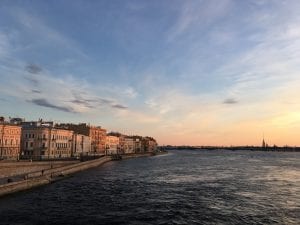 So the St. Petersburg that Olivia guided us through was a different city—teeming with cool cafes, exquisite cuisine from all over the world, jazz bars, stores and supermarkets stocked with goods, and…the World Cup! Fans from around the world wearing their team’s flag in the galleries of the Hermitage Museum and bringing team spirit and cheer to the city. No more crumbling neoclassical architecture now that foreign investment could operate freely. It now feels like most other European cities.
So the St. Petersburg that Olivia guided us through was a different city—teeming with cool cafes, exquisite cuisine from all over the world, jazz bars, stores and supermarkets stocked with goods, and…the World Cup! Fans from around the world wearing their team’s flag in the galleries of the Hermitage Museum and bringing team spirit and cheer to the city. No more crumbling neoclassical architecture now that foreign investment could operate freely. It now feels like most other European cities.
And yet, so much remains the same. According to my Russian friends, the wave of nationalism under Putin has brought Russia back to a time in which the West is considered The Enemy and any consorting with westerners is a betrayal of the State. What this means for my friend, for example, who is the head of the Anna Akhmatova Museum, a state-sponsored museum, is that they run the risk of having their funding cut off if they continue their partnerships with organizations from Sweden, Germany, England or the U.S. It means that if the government wanted to make trouble over the fact that we were staying with them, they could–such as barring their son from certain job opportunities. There was always corruption in Russia, but whereas it used to exist at all levels–young black marketeers on the streets, people running “shady” businesses, and political figures–now it all resides at the top, and is simply part of the system.
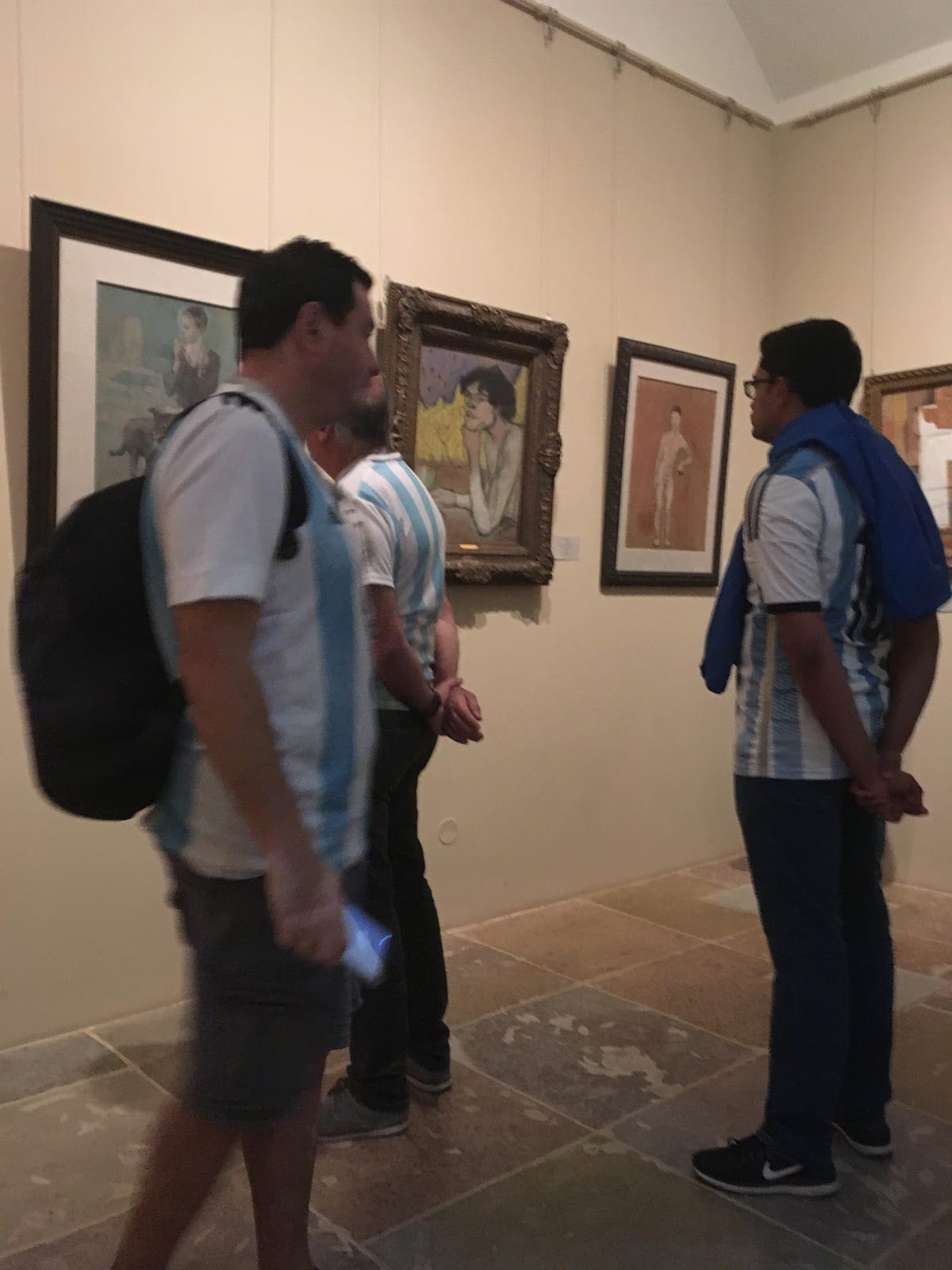
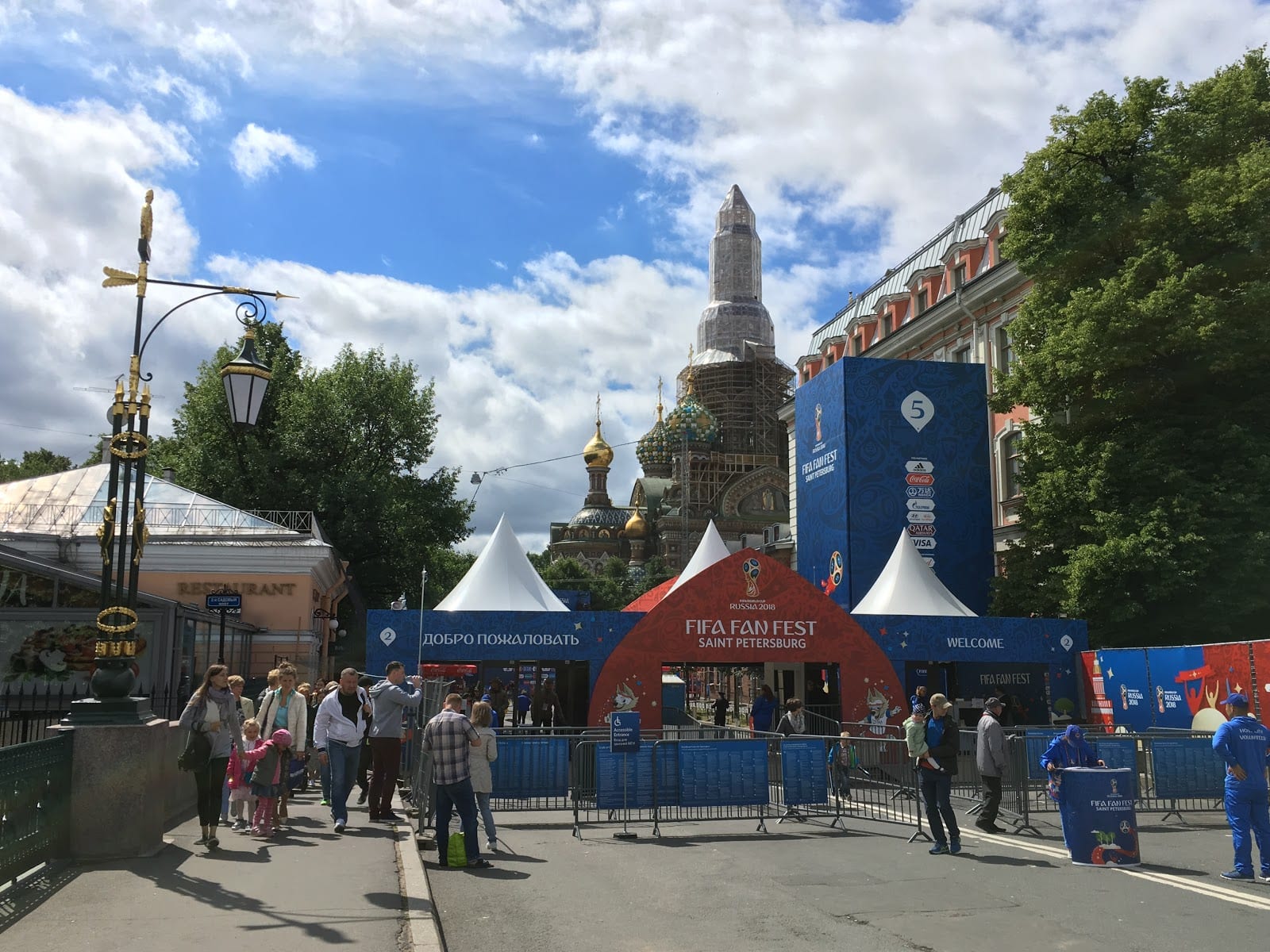
It is hard to ignore this history, and the fact that Russia opened itself to the World Cup was more of a PR move than an indication of any real change. The history of totalitarianism in Russia runs deep, and one can be easily fooled by the Gucci, H&M and Ubers–the storefronts have changed; Russian ideology has not.
One day, we walked through a beautiful old cemetery, looking at the decades- and centuries-old gravestones, and noticed how many of the people buried there died in 1935, 1937, 1938, 1939…one after another. It was a large cemetery, and the number of people there who died during World War II and Stalin’s purges (1930s to 1950s) was endless. It really struck me then that the Russian people are dealing with a whole different national history and burden than we are in the U.S. Our reckoning with our own shameful past has led to a national dialogue on race and systemic racism, but Russia’s shame was in the government extermination people who were not only of Russian origin, but were their intelligentsia: writers, poets, politicians. I don’t get the sense the country has yet begun looking at or atoning for their role as colonizers and the problems (immigration, economic, political) that have come with that.
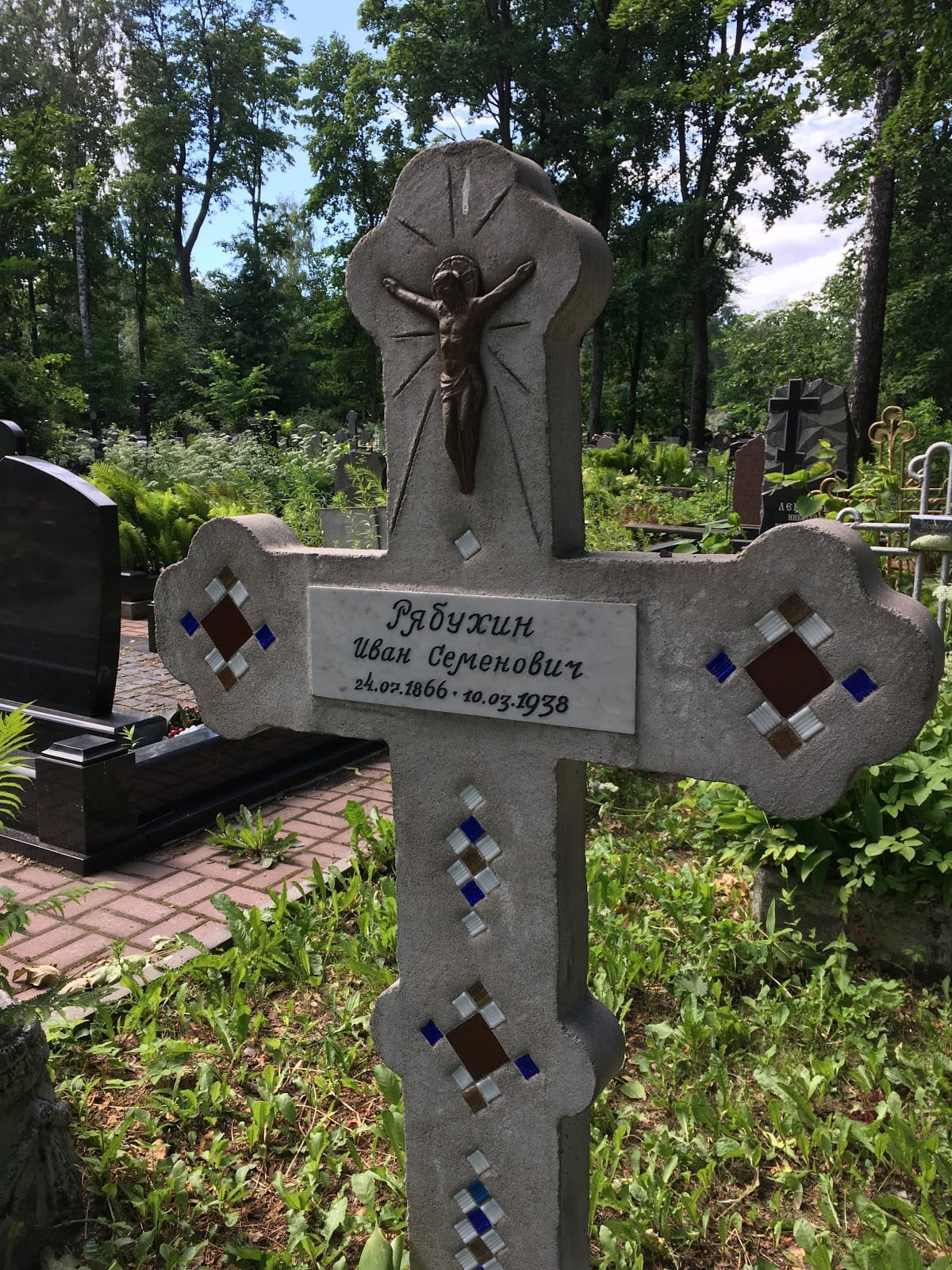
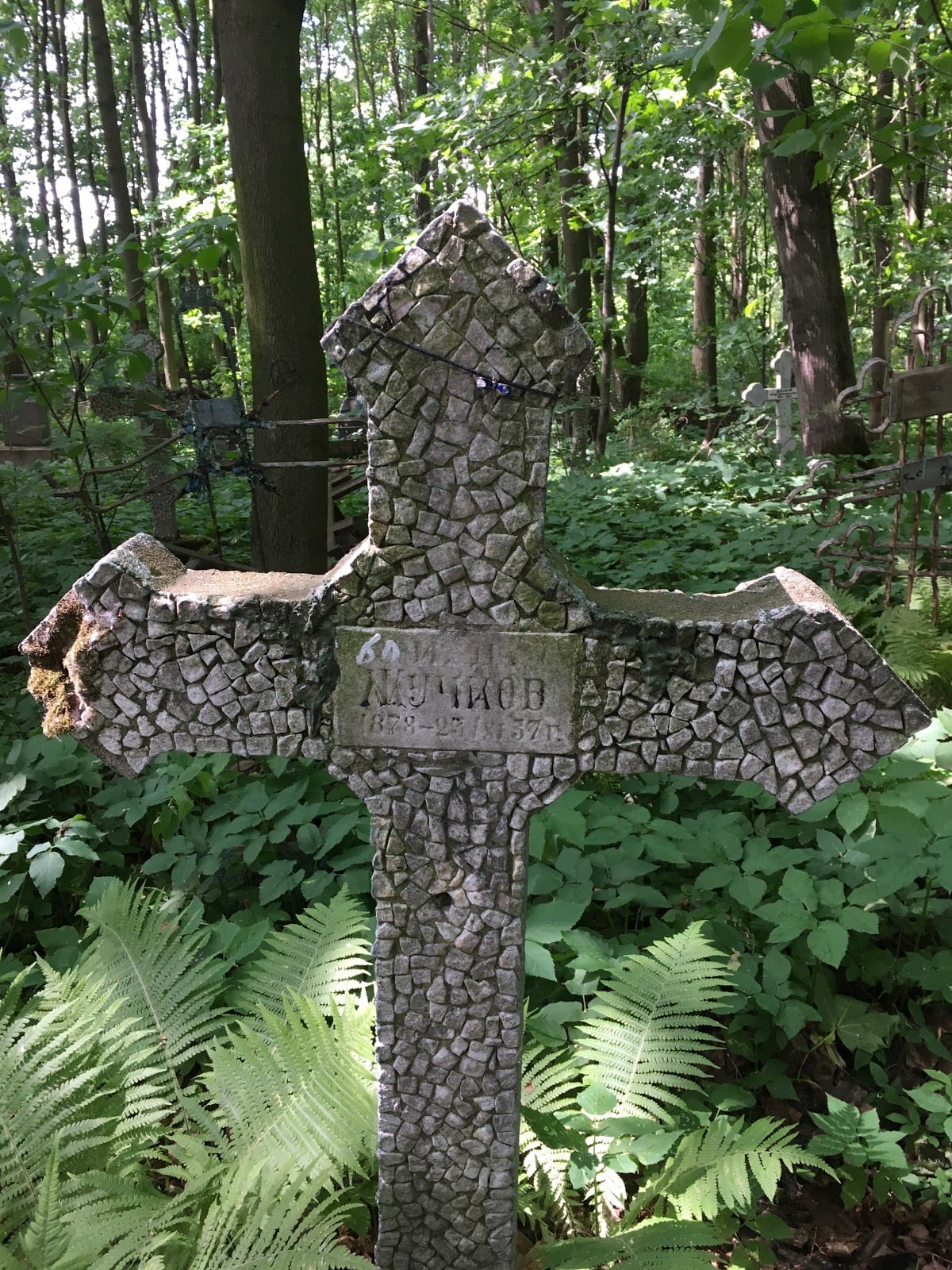
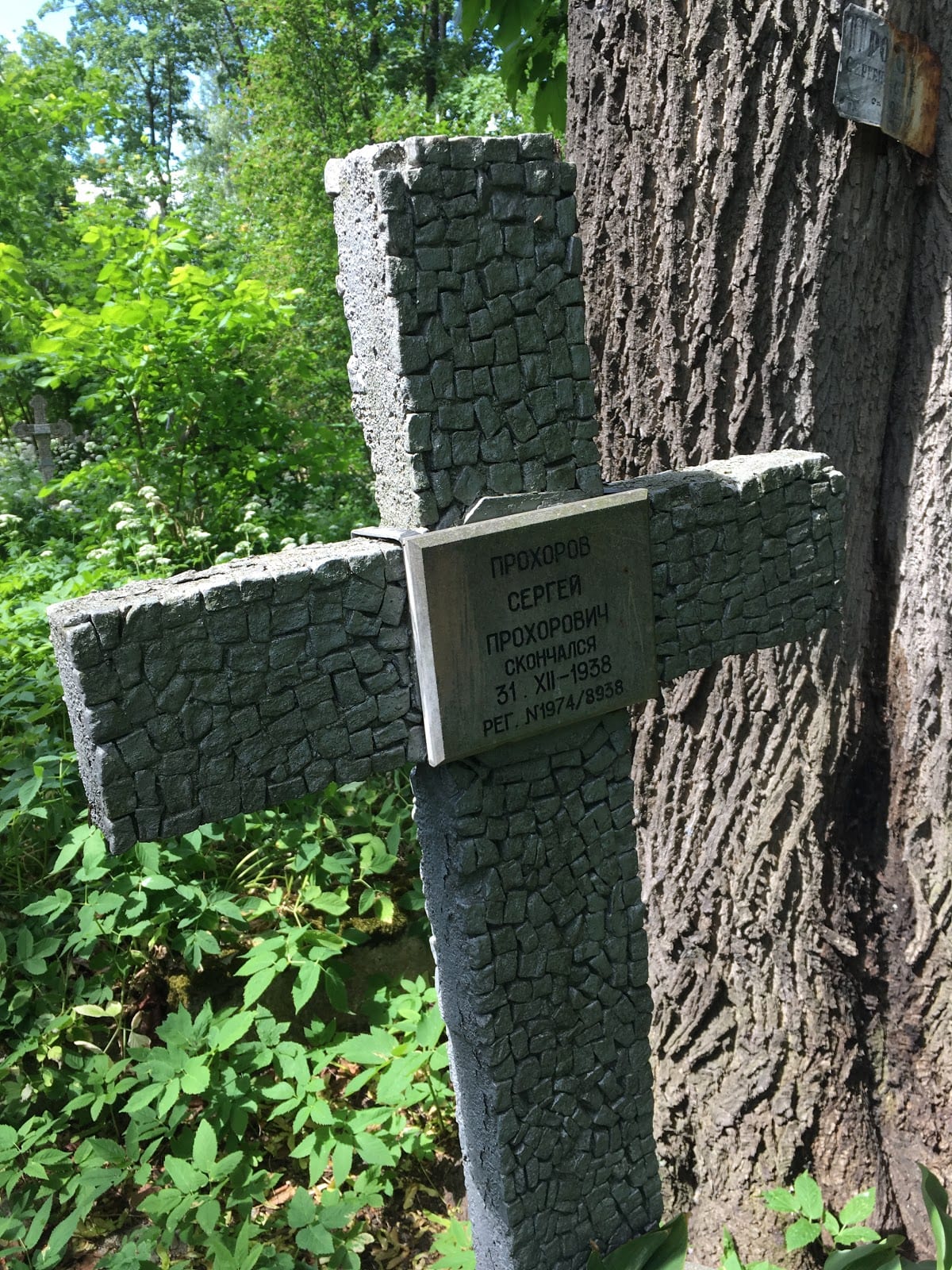
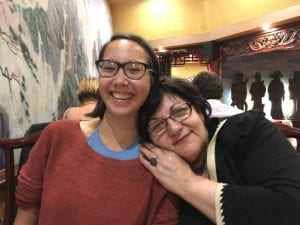 Reminders of Life Abroad
Reminders of Life Abroad
It was great to see Olivia immersed in the language and culture of Russia, not only from her studies but also from living with and becoming close to her host mother. When living abroad, there is that wonderful moment when one stops comparing how different that other culture is to one’s own; when you step outside of yourself and open up to another way of being, another way of thinking. A suspension of judgment. It is, I believe, what makes me a good teacher—to be child-centered one must step into and understand the world of the child.
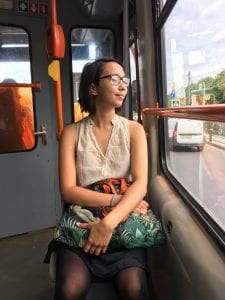 And yet there is a balance. Olivia aptly stated that when abroad one is not just obliged to accept another’s cultural beliefs, but to present one’s own as well. So when it came to discussions about justifying Putin’s annexation of Crimea, or how women are different than men and thus should be treated differently, or that immigration is a problem because it confronts one’s “natural” desire for homogeneity, I watched Olivia navigate those discussions with her rich knowledge and newly acquired language skills.
And yet there is a balance. Olivia aptly stated that when abroad one is not just obliged to accept another’s cultural beliefs, but to present one’s own as well. So when it came to discussions about justifying Putin’s annexation of Crimea, or how women are different than men and thus should be treated differently, or that immigration is a problem because it confronts one’s “natural” desire for homogeneity, I watched Olivia navigate those discussions with her rich knowledge and newly acquired language skills.
I remember having the very same arguments with the very same people (friends who I met there 30 years ago who we were visiting). The difference is that, now having known these friends for so many years, they are like family–I accept our differences of cultural values, I continue to try to see things from their point of view, but there are some topics I choose not to get into.
You can take a teacher out of New York…
One serendipitous event that took place while I was there was that I was invited to speak at a conference on “Alternative Education” (in Russia, “alternative” = “progressive”) organized by Sergei Mikhelson and his colleagues at a school that he helped found a few decades ago. I spoke about LREI and what progressive education looks like in my classroom, with Sergei as my interpreter.
I was wary of being perceived as “the western expert telling the Russians how it should be done,” but the minute I stepped into the school and saw the teachers filing in, I felt immediately at home: the welcoming touches in the hallways and energetic and interested teachers sharing new discoveries. It was such a rewarding experience, connecting with teachers across the world, and doing what we do back home–discussing children, best practices, and how we overcome the obstacles and constraints of time, resources, diverse agendas to meet the needs of the children we teach.
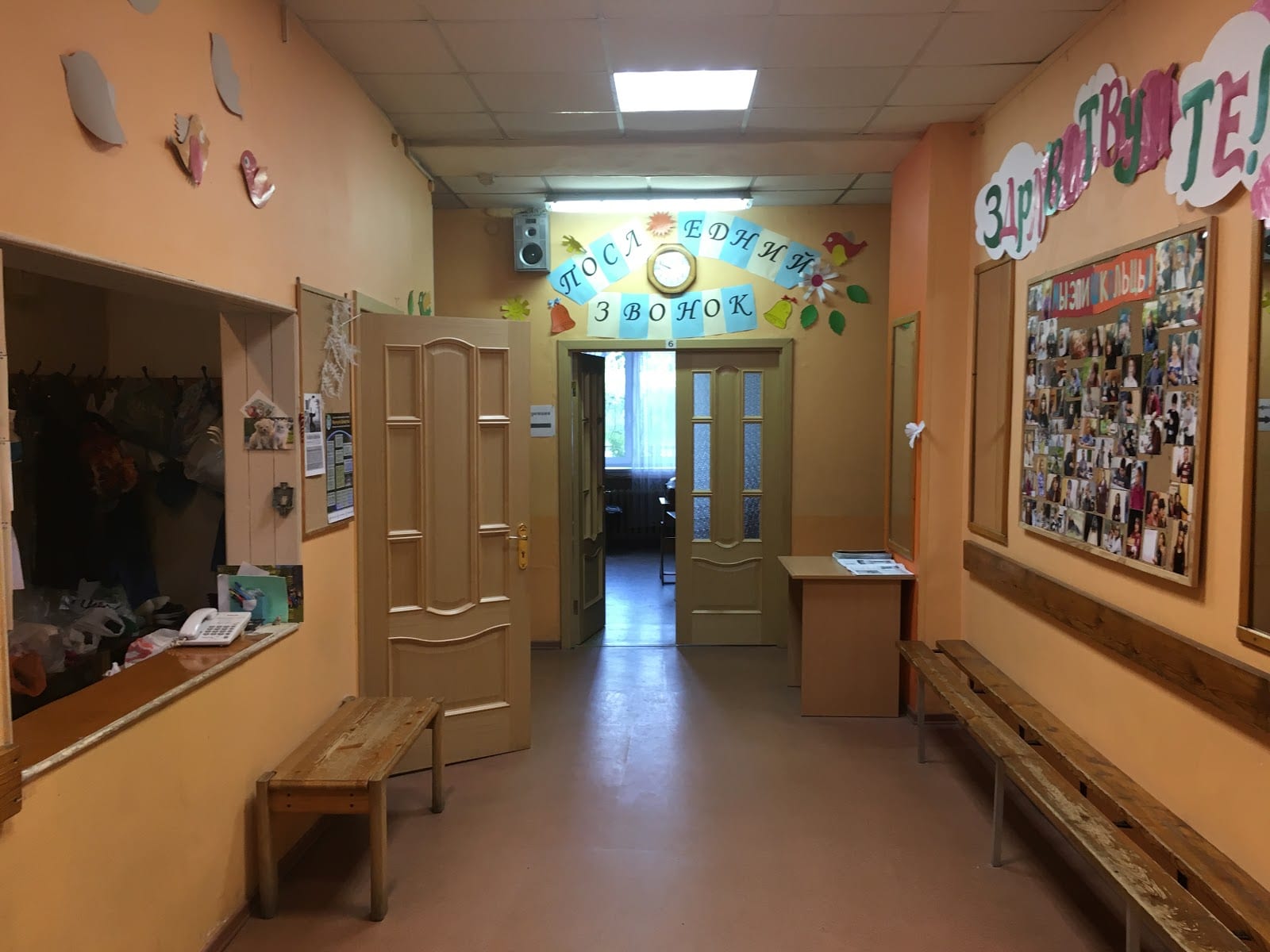
It was wonderful to return to a city that has at one time been one of my homes. And yet this experience was a once in a lifetime moment of converging facets of my life: studying abroad in my youth, old friendships, being a proud parent, and sharing my experiences with other progressive educators. We are always thinking about the “whole child” in our teaching, and through this experience, in which multiple facets of my identity were renewed, I am ever convinced of the importance of seeing and cultivating the various aspects of our students’ selves.